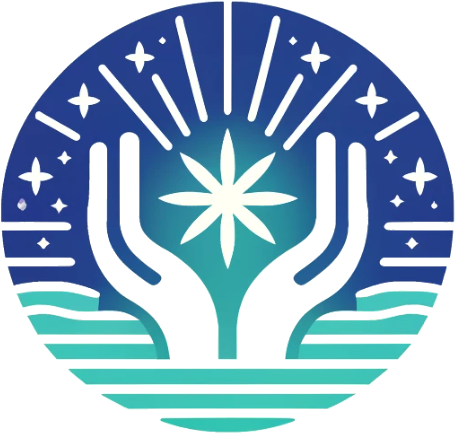Exploring Modern Mantras
Introduction to Modern Mantras
Modern mantras, unlike their traditional counterparts, are often created and used outside of strictly religious contexts. These contemporary versions adapt the concept of mantras for personal development, mindfulness practices, and psychological healing, making them accessible and relevant to a broader audience.
Historical Origins
The use of modern mantras emerged prominently in the mid-20th century as Eastern spiritual practices met Western interests in personal wellness and self-help. Influenced by the New Age movement, these mantras have been adapted from ancient traditions or newly created to support modern living.
Specific Uses of Modern Mantras
Modern mantras are used in various ways, including:
- Stress reduction: Helping individuals calm their minds during stressful situations.
- Focus and motivation: Used by individuals in personal or professional settings to maintain focus and drive.
- Affirmations for self-improvement: Often used in therapeutic settings or personal growth workshops to cultivate positive mental states and self-affirming beliefs.
Examples of Modern Mantras
- “I am enough.” – This simple affirmation is used to reinforce self-acceptance and self-worth.
- “Be here now.” – Popularized by spiritual teacher Ram Dass, this mantra helps individuals stay present and engaged in the current moment.
- “Every day in every way, I’m getting better and better.” – Used to promote a positive outlook on personal progress and general well-being.
Differences from Other Types of Mantras
Unlike Vedic or Buddhist mantras, which are often specific in their phonetic structure and spiritual intent, modern mantras are more flexible and personalized. They do not require adherence to a particular cultural or religious framework and are often used in a secular context. Modern mantras focus primarily on psychological benefits rather than spiritual transformation, although they can also support spiritual practices for those who choose to integrate them in this way.
Modern mantras represent a significant evolution of the mantra practice, adapting ancient wisdom to contemporary needs and lifestyles. They offer a practical tool for anyone looking to improve their mental health and emotional resilience, illustrating the timeless relevance of mantra practice across cultures and ages.
